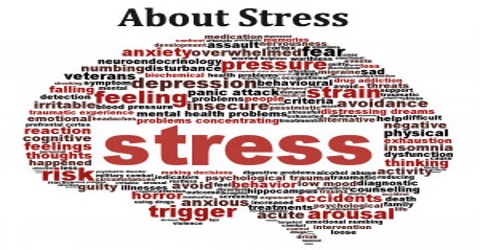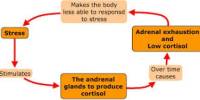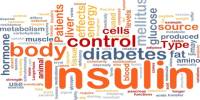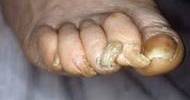About Stress
Definition
Stress is is primarily a physical response. It is extremely difficult to define because it is so different for each individual, something that stresses out one individual may excite another individual so there is a large variation. Stress is a natural human response to pressure when faced with challenging and sometimes dangerous situations. Physiological or biological stress is an organism’s response to a stressor such as an environmental condition.

Stress doesn’t have to control our lives. We can improve our knowledge about stress and increase our resources to become more resilient. When stressed, the body thinks it is under attack and switches to ‘fight or flight’ mode, releasing a complex mix of hormones and chemicals such as adrenaline, cortisol and norepinephrine to prepare the body for physical action.
Stress is a physiologic reaction by an organism to an uncomfortable or unfamiliar physical or psychological stimulus. Biological changes result from stimulation of the sympathetic nervous system, including a heightened state of alertness, anxiety, increased heart rate, and sweating. It may contribute to the development of some illnesses, including heart disease and cancer.
Causes of Stress
The situations and pressures that cause stress are known as stressors. Stress can also be internal or self-generated, when we worry excessively about something that may or may not happen, or have irrational, pessimistic thoughts about life. A lot of things can cause stress.
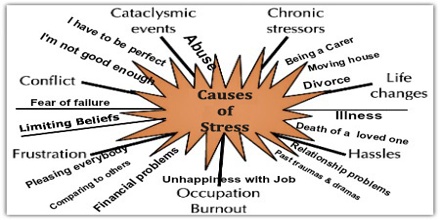
- Our health, especially if we have a chronic illness such as heart disease, diabetes, or arthritis
- Emotional problems, such as anger we can’t express, depression, grief, guilt, or low self-esteem
- Our relationships, such as having problems with our relationships or feeling a lack of friendships or support in our life
- Major life changes, such as dealing with the death of a parent or spouse, losing our job, getting married, or moving to a new city
- Stress in our family, such as having a child, teen, or other family member who is under stress, or being a caregiver to a family member who is elderly or who has health problems
- Conflicts with our beliefs and values. For example, we may value family life, but we may not be able to spend as much time with our family as we want.
- Our social situation. Not having enough money to cover our expenses, feeling lonely, or facing discrimination based on our race, gender, age, or sexual orientation can add stress to our life.
- Our job. Being unhappy with our work or finding our job too demanding can lead to chronic stress. Losing our job or not being able to find work can also add to our stress level.
Finally, what causes stress depends, at least in part, on your perception of it. Something that’s stressful to we may not faze someone else; they may even enjoy it.
Health Effects of Stress
Stress can be positive, keeping us alert, motivated, and ready to avoid danger. Stress becomes negative when a person faces continuous challenges without relief or relaxation between stressors. Stress that continues without relief can lead to a condition called distress – a negative stress reaction. Distress can disturb the body’s internal balance or equilibrium, leading to physical symptoms such as headaches, an upset stomach, elevated blood pressure, chest pain, sexual dysfunction, and problems sleeping. Emotional problems can also result from distress.
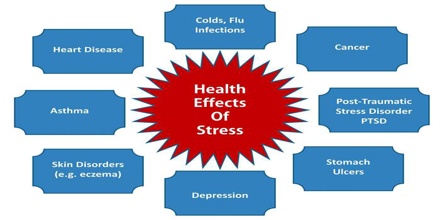
An extreme reaction to stress is a panic attack. A panic attack is a sudden, intense fear or anxiety that may make you feel short of breath, dizzy, or make your heart pound. People who have panic attacks may feel out of control, like they are having a heart attack, or are about to die. Panic attacks may happen with no clear cause, but they can be brought on by living with high levels of stress for a long time. Stress is linked to six of the leading causes of death: heart disease, cancer, lung ailments, accidents, cirrhosis of the liver, and suicide.
Stress also becomes harmful when people engage in the compulsive use of substances or behaviors to try to relieve their stress. These substances or behaviors include food, alcohol, tobacco, drugs, gambling, sex, shopping, and the Internet.
Treatment of Stress
Stress isn’t a medical diagnosis, so there’s no specific treatment for it. However, if we are finding it very hard to cope with things going on in our life and are experiencing lots of signs of stress, there are treatments available that could help. These include:

- Talking treatments
- Medication
- Ecotherapy
- Complementary and alternative therapies
Most people think of when they hear the word “stress” is actually distress. Distress is a negative emotion that most people generally try to avoid, but there is also a good kind of stress called eustress.
Reference: clevelandclinic.org, webmd.com, mind.org.uk, helpguide.org, cmhc.utexas.edu.
